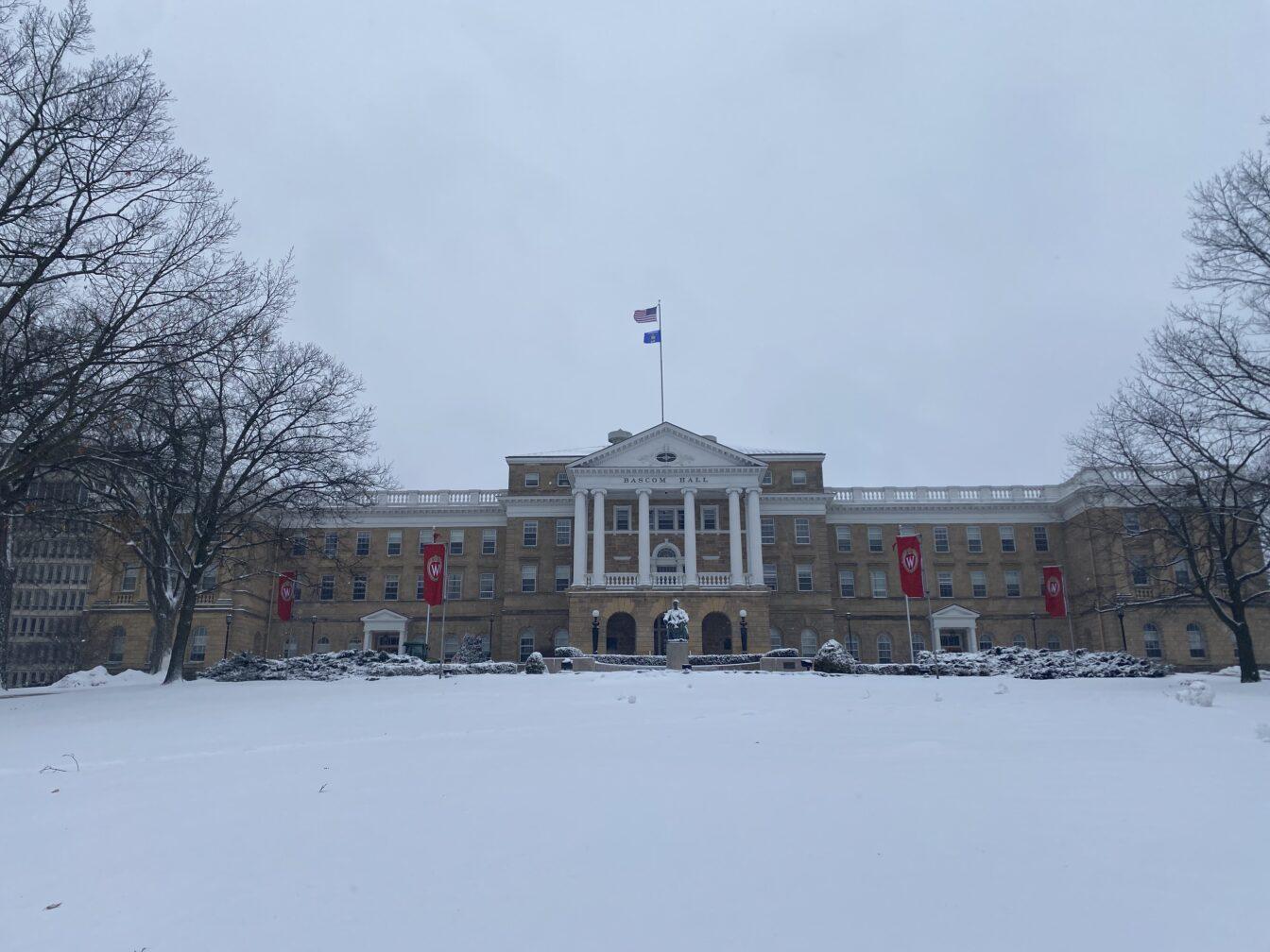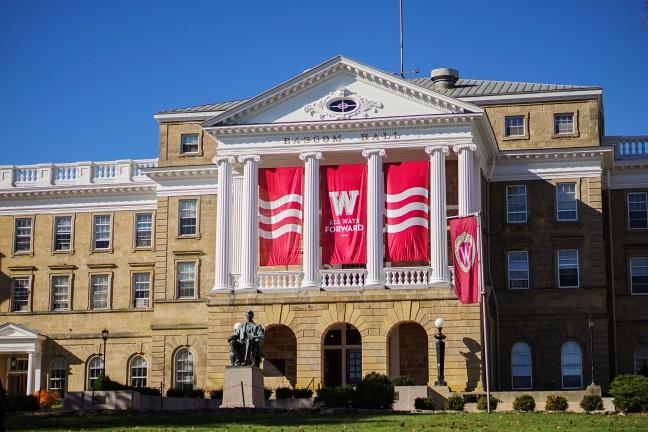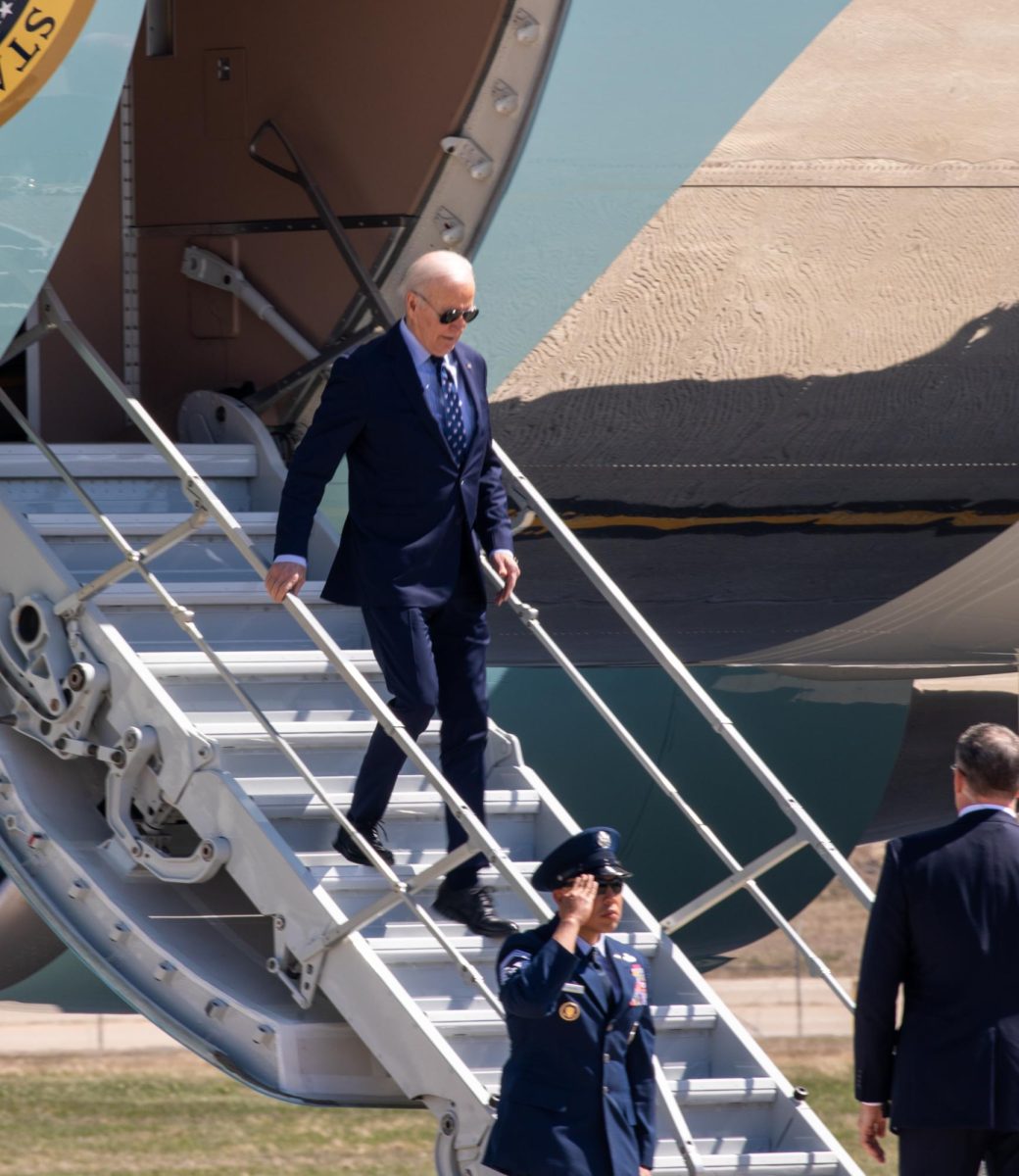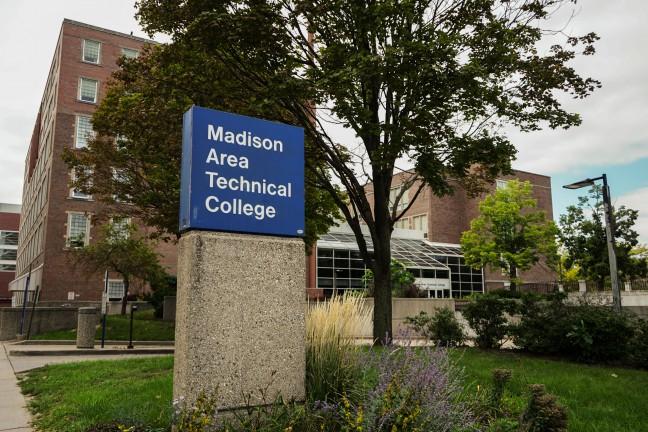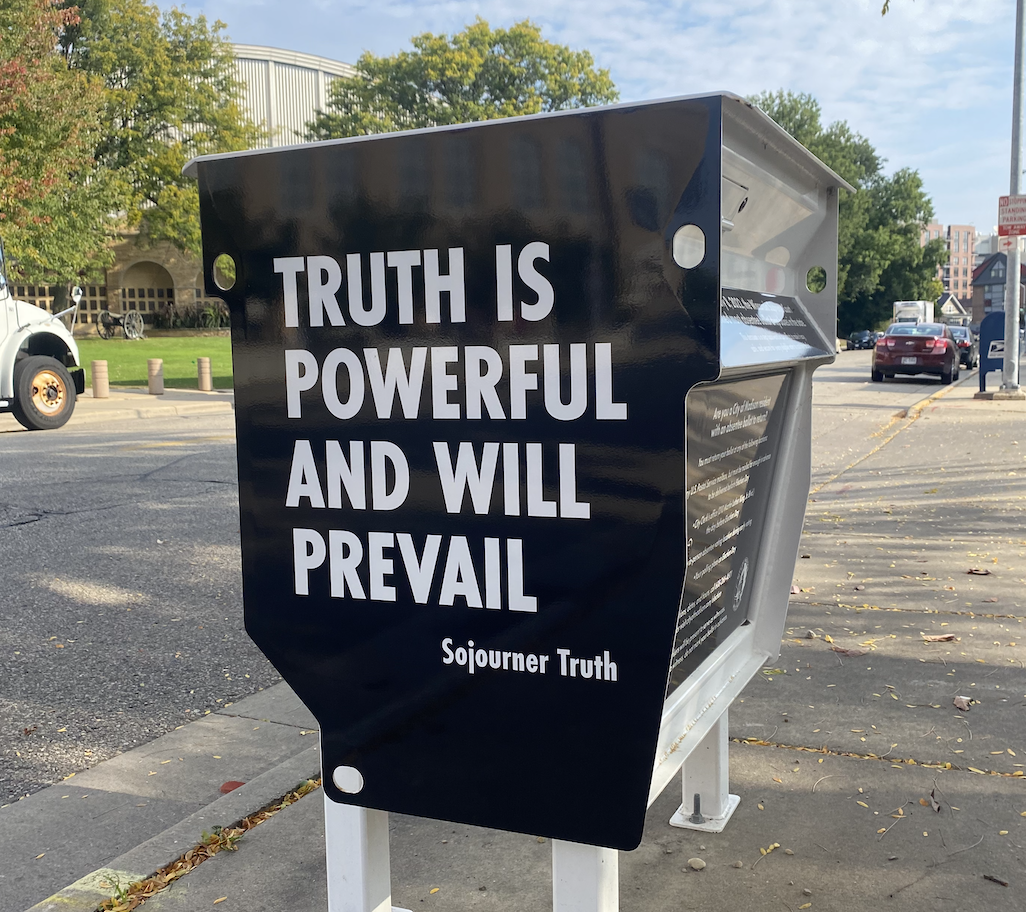The vast majority of the students on the University of
Wisconsin campus were not here five years ago. Many were not even in Wisconsin.
That being the case, it is understandable that the student body does not
remember certain things that happened five years ago. Or didn’t happen five
years ago.
On Saturday, May 3, 2003, an estimated crowd of 30-35,000
people celebrated the annual Mifflin Street Block Party. According to a Badger
Herald news report two days later, “students milled on the sidewalks and
street with open containers of alcoholic beverages.” The Madison Police
Department arrested seven people that day, all in relation to disorderly
conduct or battery. The year before, at a party with a considerably smaller
estimated crowd size, they arrested only two. These years were not anomalies.
Even at the notorious ’96 party, which devolved into a riot, police made only
eight arrests, according to the Wisconsin State Journal.
Fast-forward to 2008. The MPD arrested a whopping 438 people
Saturday, topping their previous high for the fifth year in a row. It is a
trend that is wholly unacceptable, and one that unfortunately has gone largely
unnoticed by UW students.
What’s changed? Certainly, if the crowd size has been
increasing in proportion to the arrest numbers, our concerns would be
statistically misguided. But in fact, the opposite holds true. Crowd size has
been on the decline since 2003. Police estimates for Saturday’s block party
varied between 6,000 and 10,000 attendees.
Conversely, we would expect arrest totals to rise if the
behavior of attendees has deteriorated. But there is little evidence of any
kind to suggest that is the case. According to an MPD incident report from this
weekend, the crowd was “mostly good-natured” and there were no major
incidents. “The lion’s share” of the arrests were for alcohol-related
offenses, the MPD reports.
That’s code, of course, for strict enforcement of a law
against possessing open intoxicants on public streets. But whatever utility
society gains from laws against open intoxicants seems to be rendered moot by
the particular circumstances of a block party in a student-dominated
residential neighborhood. It would be difficult to find a single person
(resident or nonresident) in the immediate vicinity of the block party Saturday
who did not tacitly consent to be in the presence of open intoxicants.
The police seemed to understand this in 2003; it is
unfortunate that just a few years later — with no major incidents to trigger
such a drastic policy change — they now so aggressively arrest, ticket and
fine students for what is a textbook example of a victimless crime.
For more than a decade, Ald. Mike Verveer, whose District 4
includes Mifflin Street, has been a champion for a commonsense, relaxed policy
for policing the event. After Saturday’s debacle, Mr. Verveer floated the idea
of securing a sponsor for the block party in future years, indicating he would
support an initiative similar to what the city has done to the Halloween
festivities, provided no one charges admission for access to Mifflin Street.
The idea, as we understand it, seems to be that a sponsor
could lend some legitimacy to the event (as it exists now, nobody steps up to
apply for a block permit, thus making it an event not officially recognized by
the city). The sponsor would organize appropriate security measures with the
city and be accountable for any liability that could result. And the city’s
official acknowledgement of a block party would pave the way for open
intoxicants on the street.
We see no reason to object to a private sponsor stepping
forward and taking some control in future years. If Mr. Verveer can use his
influence to that end, we offer our tentative support. We do not, however,
think securing a sponsor should be a prerequisite for relaxed enforcement of
the law.
What no one wants to see happen is for this event to take a
turn for the worse. A strong police presence will help guard against a repeat
of 1996, but strict police enforcement of petty violations will not.
The spike in arrests began at the 2004 block party, about a
year after Mayor Dave Cieslewicz took office and only weeks after Noble Wray
assumed the position of acting police chief. It seems reasonable to conclude at
least one of these two men is the main culprit. City officials owe students an
explanation for this odious trend.



